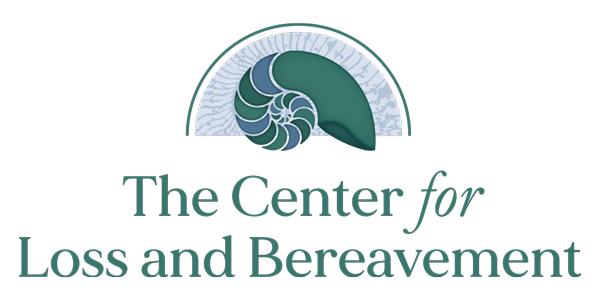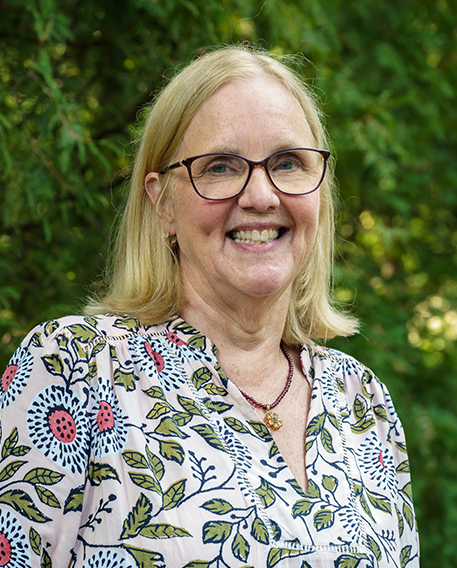In the podcast, All There Is, Anderson Cooper highlights the difficult topic of sadness and its connection to grief in the episode “Sadness isn’t An Enemy”. Along with Dr. BJ Miller a hospice and palliative care physician whose sister, Lisa, died by suicide. Anderson and BJ contemplate some surprising ways to think about sadness in the grieving experience. Dr Miller says, “welcome to being a human being and a full life includes sorrows. A full life includes things that you can’t change. And it’s a lot to learn to sit with things you can’t change in this life.” Wow! Who of us doesn’t want to try to find a solution to the pain and sorrow we have when a loved one dies? When will I feel better? When will this sadness go away? How long will it take and what do I need to do to get back to being the person I was before the loss? The person I understood. Anderson and Dr BJ Miller reflect on this aversion to allowing our losses and our grief experience change us and how we can allow the process of change to take its time.
Our society is filled with messages like “do something”, “if you don’t like it, change it”! But when death comes into our lives, and we can’t change it, we have grapple with how to live a contented life with this change that can’t be undone. The realization that we can’t be who we used to be hits hard. Now, how do we move from seeing feelings of sadness as something we must avoid, to accepting and understanding the fact that the sadness is part of our new reality. Dr. Miller and Anderson Cooper use their own losses to help us think about how the sadness of grief and living a meaningful life can exist together. We can see this in a model of grief that is called the Dual Process (Stroebe and Shutt). This model explains grief as a lean in, lean out oscillation between feelings. We lean into our grief and sadness sometimes and then we lean out of our grief and sadness in other times. Both the lean in and lean out are grieving activities. When we lean out, we aren’t saying that our grief is over but rather, this time of restoration gives us energy and insight for the times when the grief feelings are present and hard. Our sadness reminds us that something precious is gone and will always be missed. We learn that sitting with those sad feelings is important as we contemplate a life without our person. Dr Miller says it is important to remember that you are not alone and “however you feel now is likely to shift and change if you let it.” He says “this isn’t a detour from life. This is life so treat it accordingly. And life is hard sometimes.” This grief journey with all the tears, sorrow and sadness aren’t an enemy, they are a hard part of life that we all experience and it is something that we all share. Grief connects us to the person we have lost. Our grief and feelings of sadness that come with it, become incorporated into who we have become as a result of loss.

